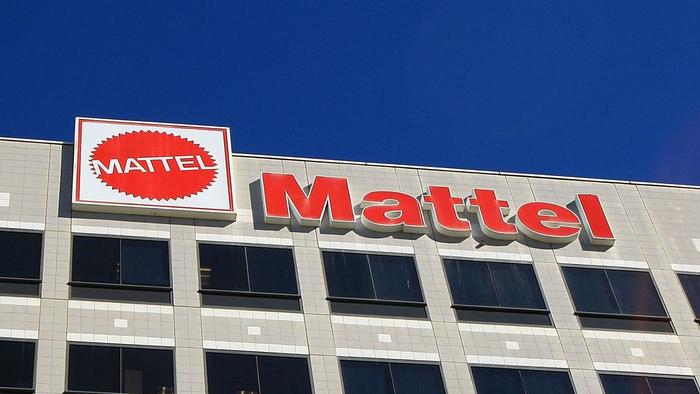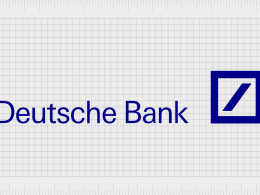Does Zika pose an Olympic-sized risk to stocks?
by Jeffrey Kleintop, Sr. Vice President, Chief Global Investment Strategist, Charles Schwab & Company Inc.
Key Points
- The emergence of a lethal and rapidly spreading pandemic could lead to unimaginable human suffering and bring about far reaching negative economic and market consequences.
- The reality of past world pandemics show us that the impact has not been significant—even when the global economy was especially vulnerable to a shock.
- Individuals travelling to the Olympic Games may be wise to take some precautions against Zika, but investors may have little need to take action in their portfolios.
Of the 500,000 people expected to be visiting Rio de Janeiro for the 2016 Summer Olympics some may become infected with Brazil’s Zika virus and establish new outbreaks upon their return home. Brazil’s outbreak, which has infected over 30,000 people, likely stemmed from a single person that brought the disease to the country between May and December 2013—perhaps from French Polynesia (where 66% of the population was infected) by a soccer player during the 2013 FIFA Confederations Cup, according to research published by the American Association for the Advancement of Science.
It’s easy to imagine a nightmare scenario for any such event; indeed Hollywood has done so many times. The emergence of a lethal and rapidly spreading pandemic could lead to terrible human suffering and bring about far reaching negative economic and market consequences. However, the reality of past world pandemics has been far different. History shows us that the impact on the economy and markets has not been significant—even when the global economy was especially vulnerable to a shock, as you can see in the graphic below.
Immune system: world epidemics and global stock market performance
Source: Charles Schwab, Factset data as of 8/1/2016.
Let’s take a look at three relatively recent periods where the world’s economy and markets were especially vulnerable to a shock from a viral epidemic: 2003’s Severe Acute Respiratory Syndrome (SARS) outbreak, 2006’s Avian flu (H5N1) and the 2009 Swine flu (H1N1) epidemic.
- In early 2003, SARS only briefly added to the pressures on global stock markets at a time when the global economy was emerging from recession and wary over the invasion of Iraq. The impact was felt most acutely in Asia, where the outbreak was most concentrated. Airlines were also affected as travel declined. The World Bank estimated SARS reduced global GDP by $33 billion. That may seem like a lot, but for perspective the seasonal flu costs an annual $7 billion in lost output just in the United States, according to the Department of Health and Human Services.
- In June 2006, as the Federal Reserve hiked rates for the 17th meeting in a row, Avian flu (H5N1) garnered much attention, but only had a small measurable effect on the markets. Polls at the time found that one-third to one-half of respondents were at least somewhat concerned about an Avian flu outbreak in the United States. The World Health Organization confirmed that Avian Flu was spread directly between members of an Indonesian family, the first known case of human-to-human transmission of the lethal virus. However, the threat level was never raised to a pandemic since only limited human-to-human transmission had taken place, and concerns soon faded.
- In April 2009, the U.S. Centers for Disease Control and Prevention announced that the Swine Flu (H1N1) that spread from its apparent origin in Mexico to the United States cannot be contained. The World Health Organization indicated this new strain of flu had the potential to become a pandemic. The Obama administration declared a public health emergency. However, markets failed to react to this news and the potential shock it might pose to the fragile global economy that was just beginning to recover from the financial crisis.
While there is always the chance that the next outbreak could have greater consequences, it appears that the global economy and markets have been relatively immune to the effects of past epidemics. Individuals travelling to the Olympic Games may be wise to take some precautions against Zika, but investors may have little need to take action in their portfolios.
Copyright © Charles Schwab & Company Inc.
















